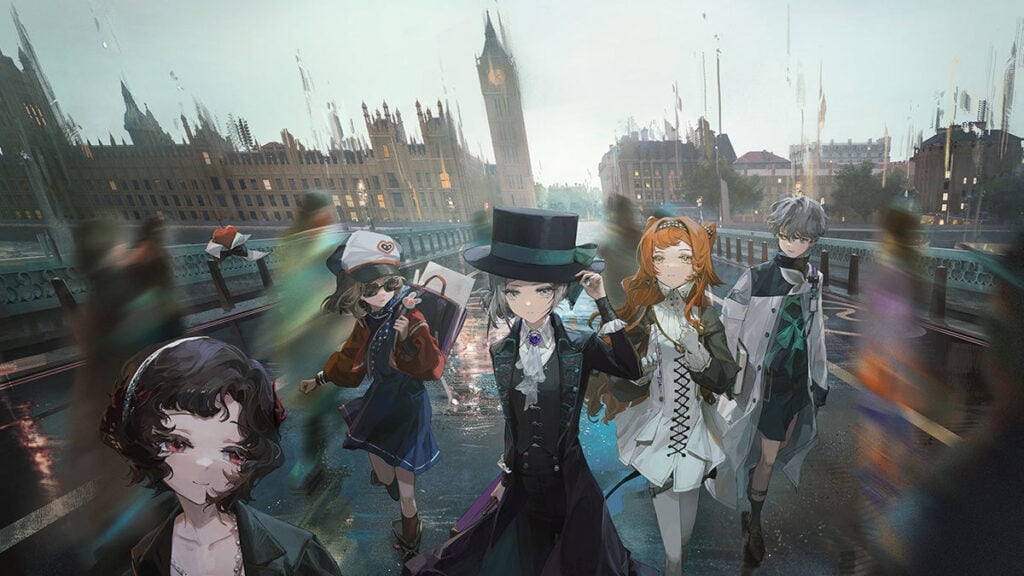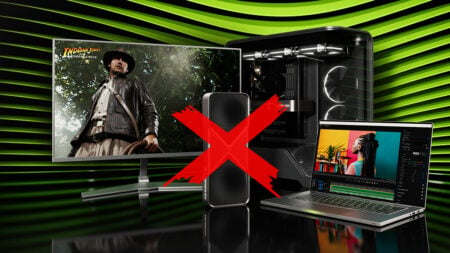What began as a grassroots consumer campaign demanding fair digital ownership, the Stop Killing Games movement has been going places. SKG is now part of a formal European Citizens’ Initiative that has surpassed its 1 million signature threshold and is on course to reach the European Commission for potential legislation. Yet while the EU is busy figuring out how to give players real ownership of the games they buy, the UK held its own debate on SKG. And somehow managed to turn it into a masterclass in feigning ignorance.
Member of Parliament Ben Goldsborough introduced the debate, “Why should we allow thousands of pounds worth of games being made unplayable just because new games have been introduced?” Yet when it came to demands, mandated end-of-life plans or offline patches, the UK government responded with corporate talking points.
A speaker argued, “Running online games cost real money. Servers, a hardware, maintenance contracts, security, teams of engineers, these all cost money. And requiring developers to define end of life strategies upfront could stifle innovation and create unintended risks.”

She added that this approach also carries ‘commercial and legal risks’ and community-hosted servers increase the risk that children could be exposed to ‘harmful content.’ You’d think someone had proposed legalizing online casinos for kids instead of asking not to lose access to The Crew you paid $60 for.
Back in February, it already rejected the SKG petition with the same excuse — no changes to consumer law, just ‘monitoring the situation.’ “There are no plans to amend UK consumer law on disabling video games,” the government officially said. The refusal to act doesn’t seem to be about feasibility. It’s about priorities. It’s easier to protect publishers than consumers.
After all, time and time again, almost every justification the UK Parliament — or many big publishers — gave has already been disproven. Multiple studios worldwide have successfully turned online-only releases into playable games offline or launched ‘memorial versions.’
From notorious mobile games that rely on gacha as a core mechanic, such as Mega Man X Dive Offline, Animal Crossing: Pocket Camp, Brave Nine, Destiny Child, and Grimoire Magic Academy. To console games and MMOs like Gran Turismo Sport, Multiversus, and City of Heroes — whose source code was even distributed freely by the publisher.
So when the UK government insists ‘it’s not technically possible,’ it’s not defending innovation — it’s defending ignorance. Developers have shown it is possible to preserve live-service games respectfully, even within legal and technical limits.
The closing remarks of the debate perfectly summed up the UK’s approach to SKG, or the Stop Killing Games movement. “[…] The law works, but companies may need to communicate better.” And if that wasn’t bureaucratic enough, a speaker added, “[…] Following this debate, our departments will consider asking [The Chartered Trading Standards Institute] to develop guidance.” A promise so vague it could be patched out before release.
You can watch the entirety of the one-hour debate in the stream archive above. Though the full video runs about 90 minutes, the actual discussion itself lasts only an hour. It’s a fitting metaphor, really — a lot of runtime but nothing new to show.








